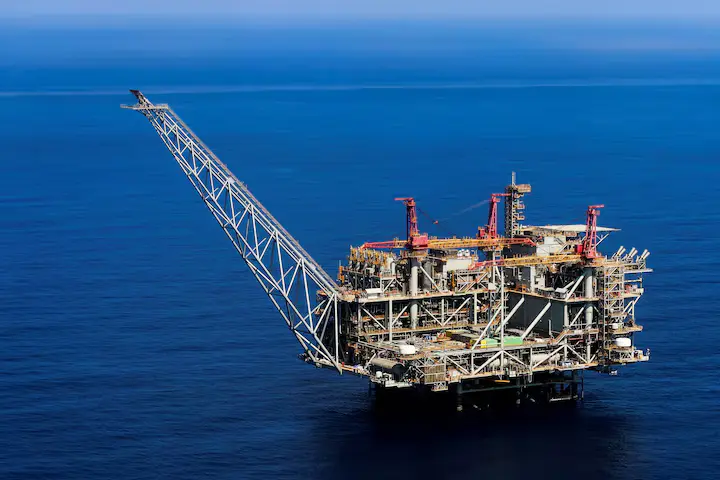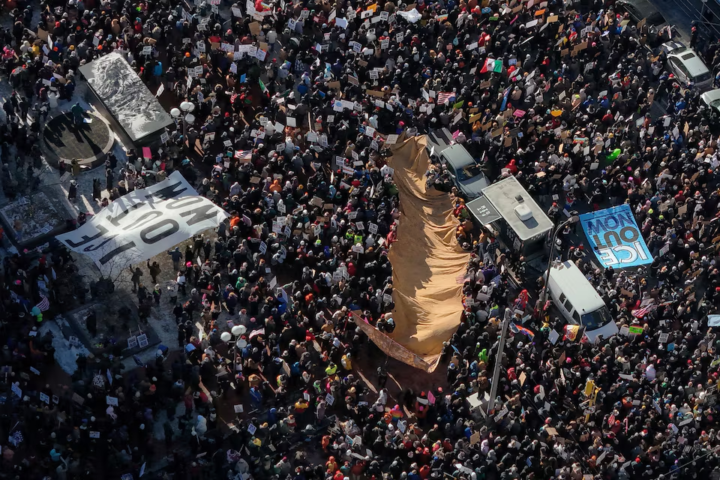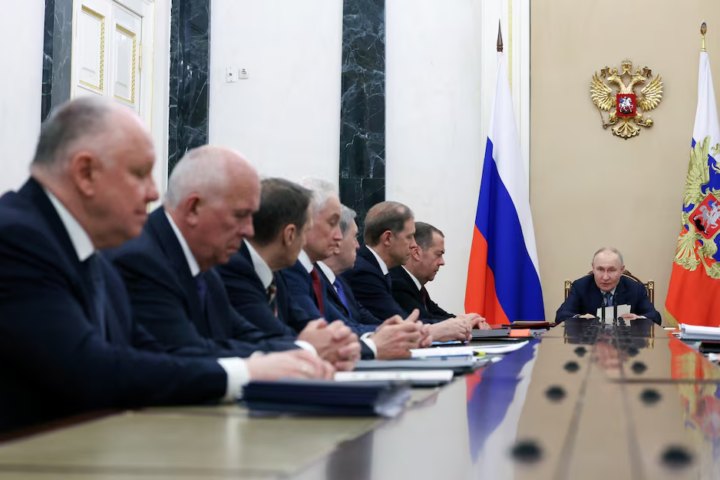Israel’s Leviathan gas field has signed a $35 billion deal to send natural gas to Egypt. Announced on August 7, 2025, it’s the biggest energy export deal in Israel’s history. The gas will be shipped from the Leviathan field, offshore in the Mediterranean, to Egypt’s facilities. Egypt will either use it domestically or liquefy and re-export it to Europe. Israel gets revenue. Egypt gets energy and influence (Reuters).
This new agreement covers 130 billion cubic meters (bcm) of gas, to be delivered through 2040. It builds on a 2019 deal where Israel agreed to supply Egypt with 60 bcm. So far, Egypt has received 23.5 bcm of that. Now, they’re doubling down.

Israel Deal and How It Works:
The deal breaks down into two phases.
Phase 1 kicks off in 2026. Around 20 bcm will be delivered—but only if pipelines and infrastructure are ready in time. Israel is still working on pipeline upgrades to make this happen.
Phase 2 starts in 2029. The remaining 110 bcm will be sent out after Leviathan is expanded and a new pipeline is built through Nitzana, connecting Israel and Egypt
Right now, Israel exports about 4.5 bcm of gas to Egypt each year. This new deal could push that number to 12 bcm annually by 2029. Egypt’s plan is to send some of that gas to Europe using its LNG terminals in Idku and Damietta.
The Leviathan gas field—operated by NewMed Energy and its partners—holds an estimated 600 bcm of recoverable natural gas. It’s a major asset. And it’s central to Israel’s push to become a major energy exporter in the region.
Despite political tensions in the Middle East, including the ongoing fallout from the Gaza conflict, Israel and Egypt are pressing ahead. Energy talks louder than politics in this case. Both sides want the money, the gas, and the stability that comes with it.
For Egypt, this deal is about more than just supply. It strengthens its role as a key link in the global energy chain. European nations—eager to cut back on Russian gas—are now looking more seriously at Egypt’s LNG exports. Israel’s gas, funneled through Egypt, helps fill that gap.
This isn’t charity or diplomacy—it’s commerce. The Eastern Mediterranean has been overlooked for decades in global energy politics. Now it’s drawing attention. More deals like this are likely. More infrastructure will follow. Investors are watching.
What makes this agreement stand out isn’t just the size. It’s how it’s happening in a region that’s usually defined by conflict. The fact that Israel and Egypt, with all their history, are getting this done shows how strong the pull of shared economic gain can be.
This deal is simple at its core. One country has gas. The other can sell it. They both want to make money. That’s what drives it. And the $35 billion price tag says it’s working.
In short, this is energy pragmatism in action. It’s about fuel, profit, and global markets—not politics. And it sets a clear example for others in the region.








